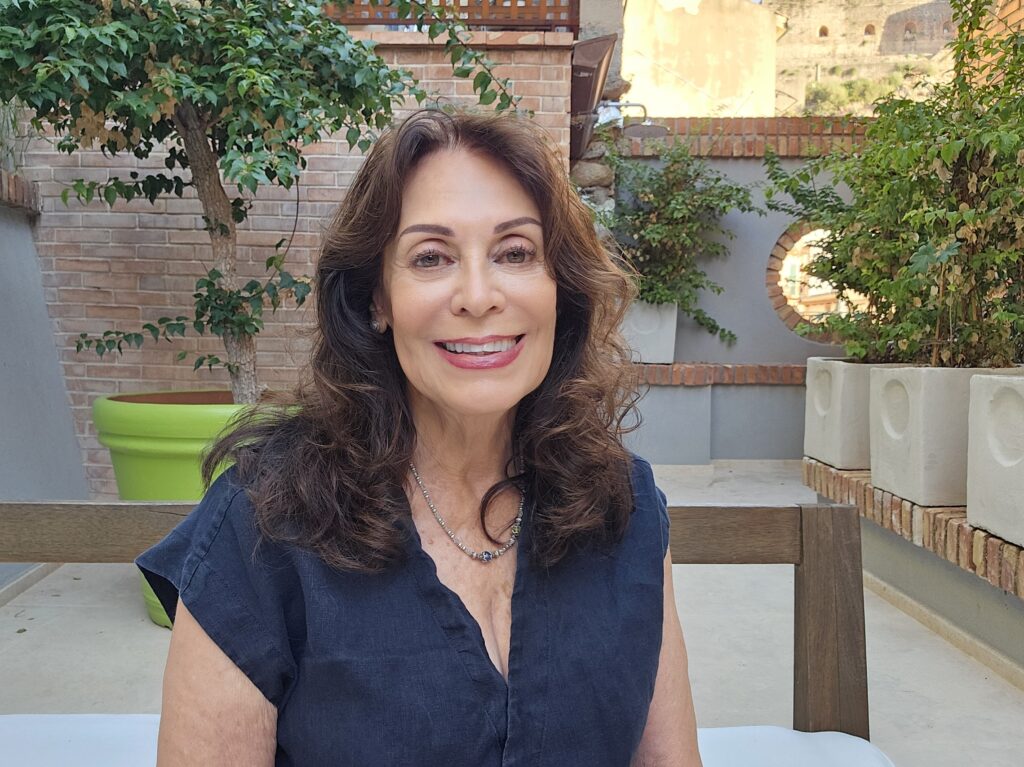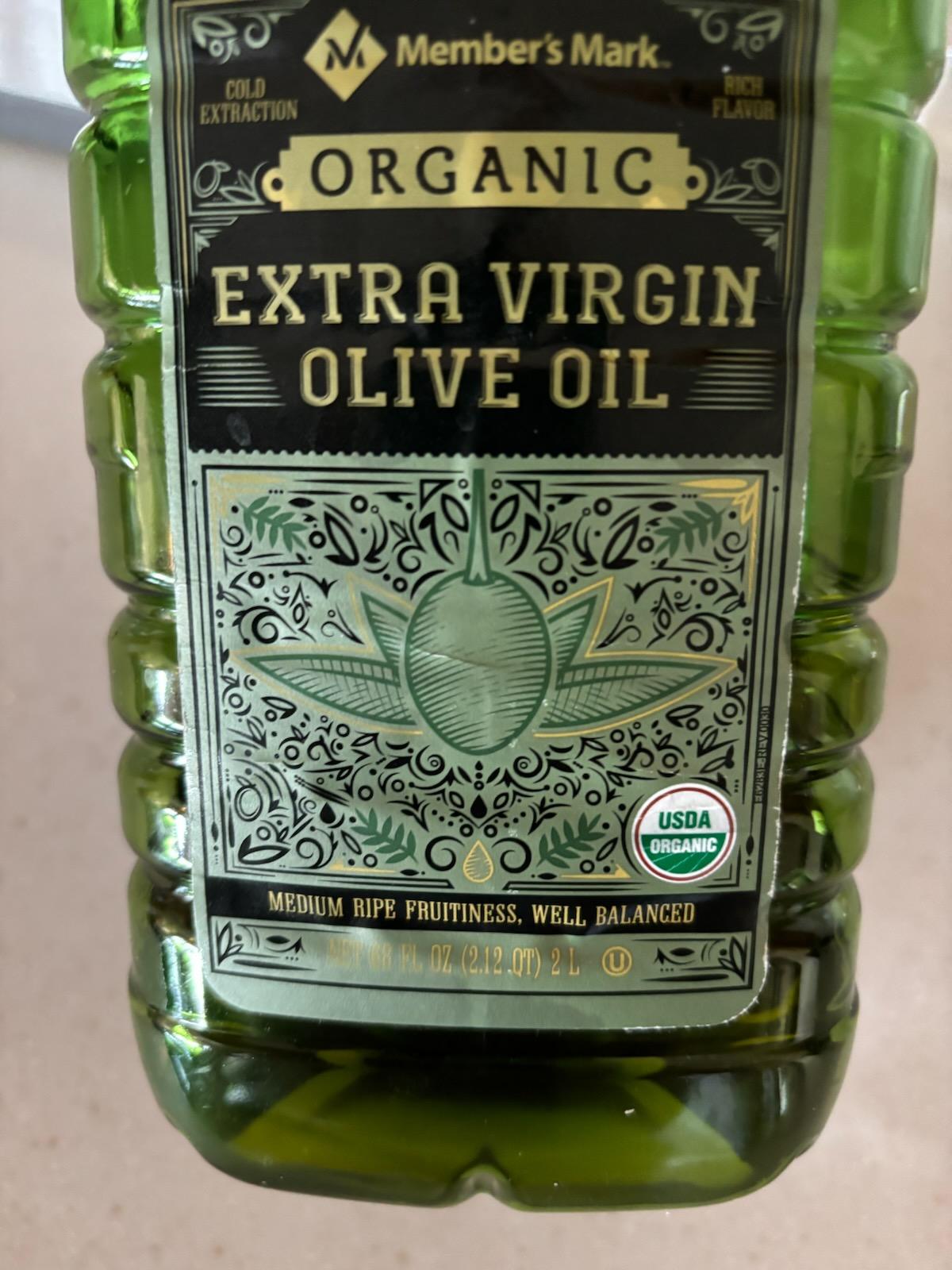When it comes to olive oil, “organic” on the label is always better, and “certified” is even better. Right? Both are wrong. I’ve been asked similar questions many times on my YouTube channel and just last Saturday the topic surfaced again when I was helping a friend with his nutrition.
He pulled out the bottle of his olive oil and there it was right in front of me again, very poor quality, dangerous for consumption and fraudulent labeling about organic, extra virgin and the certification. The entire population of the house was consuming this oil thinking it was organic, certified, and good for them. I must have turned three shades of red.
I could write a book about this and maybe I should. But for now, let me alert you to a few things. The certification on the product came from the ICEA an agency that oversees products leaving Italy. It sounds official. If you visit ICEA’s website it’s easily apparent they aren’t doing anything to test the quality of products, but they oversee other “standards” for packaging and shipping. There’s a USDA organic stamp on it – probably because the ICEA “certified” it.
The front label says organic and extra virgin. Even if it was once organic, it has to be of very poor quality by the time it hits the (plastic) bottle. If you look closer at the back label, either olives or the oil could be originating from as many as 5 countries – Greece, Spain, Portugal, Tunisa and Spain and maybe Italy! But it says it’s packed in Italy.
That’s what ICEA oversees. The quality of using five sources of olives or oil from even more than one country gets lost in the production process. I’ve written about this at length.
Let’s say we discount the above, and want to believe it’s USDA, certified organic and extra virgin, removing the harvest date is an interesting way the industry keeps you from knowing how old the oil is. It could be organic, certified, and rancid. Plus, it’s in a 2L plastic container. Plastic is made with a toxic chemical (phthalates) not meant for human consumption, but it has a real affinity for bonding with olive oil when it’s packaged in plastic and has been found in olive oil. The chemical has been linked to many health issues.
As an aside, buying big jugs of olive oil is not recommended as it will go bad from air and heat before it’s used up. So, back to the original question – Is certified and organic always better? Both can be very wrong!
You’ll always do better to buy fresh harvest EVOO (extra virgin olive oil) from a small grower who has open disclosure about the nutritional content of the olive oil.
When I tell you I’ve looked for 10 years for a place that checks all the boxes I’m not kidding. I get my EVOO shipped directly from his olive groves and where it is milled, not pressed. Milling is a topic for another post. Try to find the same, or have it shipped directly to you from Deliba. If interested to learn more, here’s the link: https://lnkd.in/dnsCPtXk


